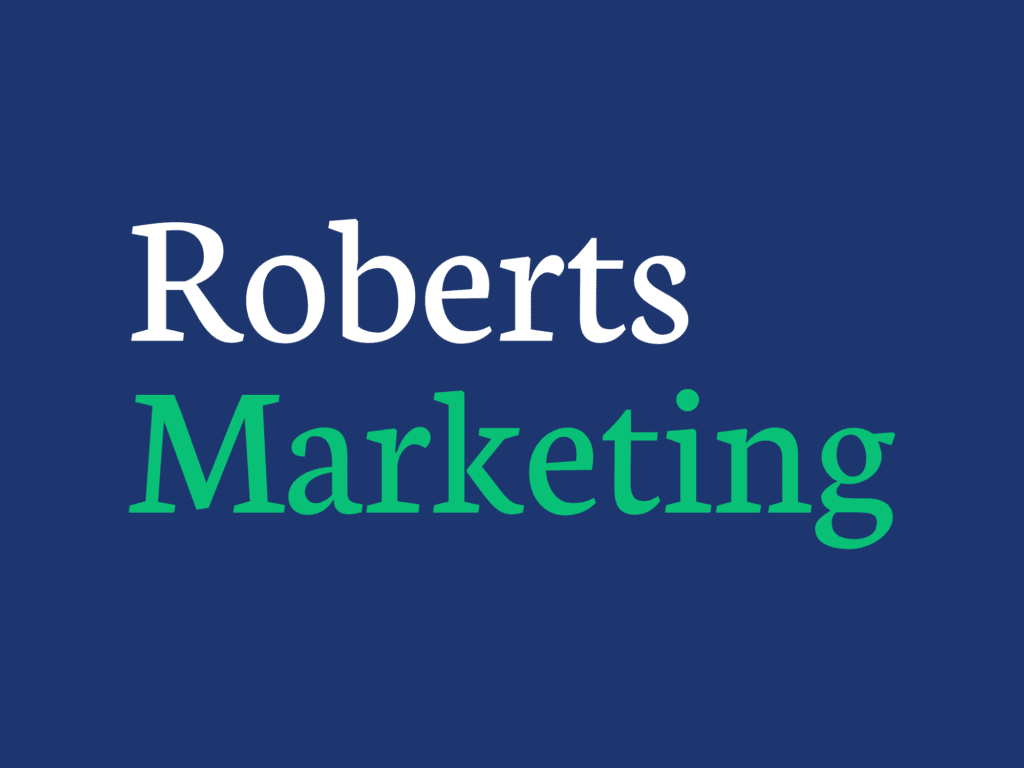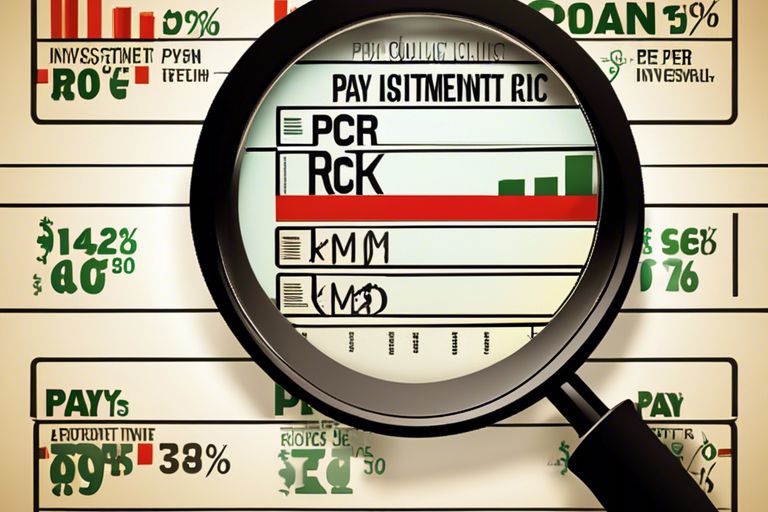Campaign success starts with a well-crafted Pay-Per-Click (PPC) strategy. Understanding the ins and outs of creating a successful PPC campaign can greatly impact your digital marketing efforts. From choosing the right keywords to crafting compelling ad copy, this guide will walk you through the step-by-step process of setting up and optimizing a PPC campaign that drives results.
Key Takeaways:
- Keyword Research is Essential: Conduct thorough keyword research to target the right audience and improve ad performance.
- Continuous Monitoring and Optimization: Regularly monitor campaign performance and make necessary adjustments to optimize for better results.
- Use Ad Extensions: Utilize ad extensions such as callouts, sitelinks, and structured snippets to enhance your ad visibility and provide more information to potential customers.

Understanding Your Goals and Target Audience
Identifying Your Target Market
Even before launching a PPC campaign, it’s crucial to identify your target market. This involves understanding the demographic, geographic, and psychographic characteristics of the audience you want to reach. By knowing your target market, you can tailor your advertising message and select the most effective keywords to maximize your campaign’s success.
Setting Clear Objectives for Your Campaign
Market research plays a key role in setting clear objectives for your PPC campaign. By analyzing data and trends, you can establish specific goals such as increasing website traffic, generating leads, or boosting sales. Clear objectives help you measure the success of your campaign and make adjustments as needed to optimize performance.
Choosing the Right Platform and Ad Format
Selecting the Best PPC Platform for Your Needs
Little is more important than choosing the right PPC platform for your campaign’s success. Consider the audience you want to reach, your budget, and your advertising goals to select the platform that aligns best with your needs. Whether you choose The Ultimate Guide to PPC Marketing (Pay-Per-Click) platforms like Google Ads, Bing Ads, or social media advertising, ensure it suits your objectives.
Deciding on Ad Format: Text, Image, or Video
The ad format you choose can significantly impact the performance of your PPC campaign. The key is to understand your target audience and the message you want to convey. The type of product or service you are advertising can also play a role in determining the best format for your ads. The
Plus, when deciding whether to use text, image, or video ads, consider the nature of your product or service. For example, visually appealing products may benefit from image or video ads, while text ads could be more suitable for services or less visually stimulating products. Experimenting with different formats can help you determine what resonates best with your audience.
Crafting Effective Ad Copy and Landing Pages
Writing Compelling Ad Headlines and Descriptions
Effective ad headlines and descriptions are crucial in capturing the attention of your audience. Use compelling language, highlight unique selling points, and include a clear call-to-action to drive clicks. Make sure your ad copy is relevant to the keywords and matches the user’s search intent to maximize its effectiveness.
Creating Relevant and Engaging Landing Pages
With landing pages, the goal is to provide a seamless experience for the user from ad click to conversion. Ensure that your landing page content aligns with the ad copy and offers valuable information to visitors. Keep the design clean, include engaging visuals, and make the call-to-action prominent for easy navigation.
Setting Up and Optimizing Your Campaign
Many marketers struggle with setting up and optimizing their PPC campaigns effectively. For a detailed step-by-step guide on how to set up a PPC campaign, check out How to Set Up a PPC Campaign: A Step-by-Step Guide.
Bidding Strategies: Tips for Success
In terms of bidding strategies for your PPC campaign, it’s crucial to continually test and refine your approach. Utilize different bidding strategies like manual CPC, target CPA, or enhanced CPC to determine which works best for your goals. Regularly monitor and adjust your bids based on performance data to optimize for better results. Recognizing the value of well-planned bids can significantly impact your campaign’s success.
Factors to Consider for Ad Group Organization
If you want your PPC campaign to be successful, consider the following factors for ad group organization:
- Relevance of keywords and ad copy
- Consistency in messaging
- Grouping keywords based on intent
Organizing your ad groups effectively can improve your Quality Score, Click-Through Rate (CTR), and overall campaign performance. Thou shalt see better results with a well-structured ad group strategy.
Factors to Consider for Ad Group Organization
If you want your PPC campaign to be successful, consider the following factors when organizing your ad groups:
- Relevance of keywords and ad copy
- Consistency in messaging
- Grouping keywords based on intent
Factors like keyword relevance, ad copy consistency, and intent-based keyword grouping play a significant role in the success of your PPC campaign. Thou shalt see better results with a well-structured ad group strategy.
Monitoring and Improving Performance
Your setting up a pay-per-click campaign efforts are just the beginning. Continuous monitoring and optimization are necessary to ensure the success of your PPC campaign.
Tracking Key Metrics and Performance Indicators
You need to regularly monitor key metrics like click-through rates, conversion rates, and cost per conversion to gauge the effectiveness of your PPC campaign. By analyzing these performance indicators, you can identify what is working well and what areas need improvement.
Tips for Ongoing Campaign Optimization
- Regularly review and adjust your keyword strategy based on performance data.
Now, to further enhance your campaign performance, consider A/B testing different ad copies, landing pages, and target demographics. This iterative approach allows you to fine-tune your campaigns for better results.
- Use ad scheduling to show your ads at times when they are most likely to convert.
To make the most of your budget, constantly refine your campaign by eliminating underperforming keywords and reallocating resources to high-performing ones. The continuous optimization of your PPC campaign is crucial for driving successful results.
Summing up
Creating a successful PPC campaign involves thorough keyword research, compelling ad copy, a well-designed landing page, and continuous monitoring and optimization. By following these steps, businesses can effectively reach their target audience, drive conversions, and maximize their return on investment in Pay-Per-Click advertising.
FAQ
Q: What is a PPC campaign?
A: A PPC (Pay-Per-Click) campaign is a form of online advertising in which advertisers pay a fee each time their ad is clicked. It is a way of buying visits to your site rather than attempting to “earn” those visits organically.
Q: How to create a PPC campaign?
A: To create a PPC campaign, follow these steps:
1. Set your goals and budget
2. Choose the right keywords
3. Create compelling ad copy
4. Set up landing pages
5. Monitor and optimize your campaign
Q: What are the benefits of a PPC campaign?
A: The benefits of a PPC campaign include:
– Immediate results
– Targeted advertising
– Measurable results
– Control over budget and spend
– Ability to reach a larger audience





